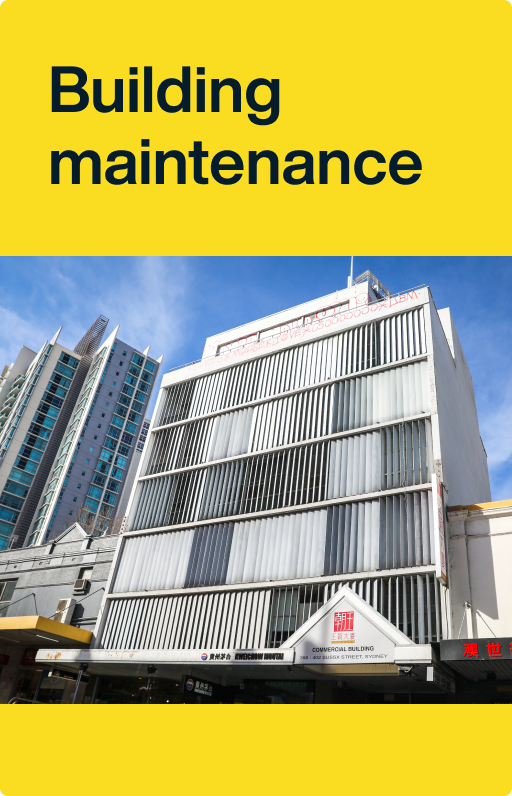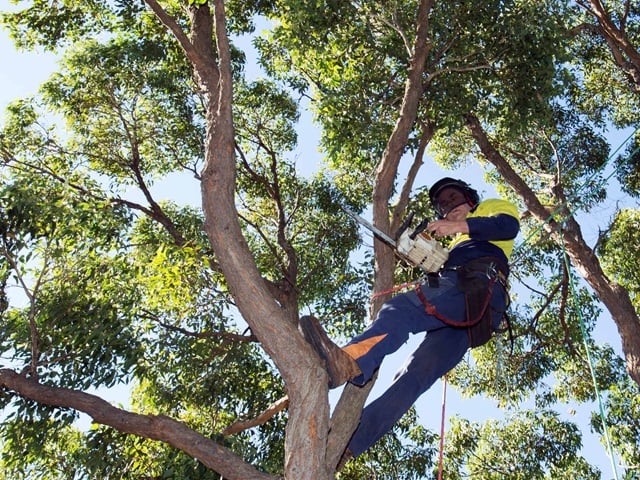Building maintenance
Owners have a responsibility to ensure all features of their building are structurally sound. Here are risks to look out for.

Awnings
Ageing awnings may collapse if anchor points and other structural elements fail. Blocked gutters can cause water to accumulate, which can accelerate rust, wood rot and add weight to the structure. Wind may lift awnings if tie down fixings are not adequate or have failed.
A problem might not be apparent, either from ground level or by visual inspection. We recommend a structural engineer inspects all awnings regularly.
Balconies and handrails
Balconies may collapse if structural elements age or when the balcony has increased loads.
Failing and poorly designed connections or undersized and rotting elements like decking, timber joists and concrete cancer can be unsafe.
Overloading balconies, especially with harmonic or repetitive motion (such as dancing) can also collapse what seems like a structurally stable balcony.
Handrails on stairs or balconies can become dangerous where the handrail or its fixing points decay or rust, or where balusters have been removed. Serious accidents or even deaths can occur when a handrail fails without warning.
We recommend a structural engineer regularly inspects balconies and handrails for wear-and-tear.
Demolition and building alterations/maintenance
Property owners are reminded to check SafeWork NSW's website and our requirements before doing any demolition, including internal work. If carried out without the correct approval, we may not be able to authorise the work afterwards and may even order the property to be returned to its previous state. In regards to information relating to materials that may contain asbestos useful information can be found in our asbestos policy and guidelines.
Glazing
Owners should check window glazing regularly to make sure:
- silicone base/putty beads and surrounds haven’t deteriorated, especially in multi-level buildings close to boundaries
- glass panes have no cracks that can reduce load carrying capacity
- window surrounds are stable, particularly in older buildings where the windows are held in place by hard wood plugs, which can deteriorate with time
- shower screens and other glass panels are secure and not suffering from any visible fatigue.
Panes from damaged windows can explode or fall onto the footpath or road.
Sewer lines
Many parts of the local area’s sewer lines are old terracotta pipes. Land movement, tree planting and ageing can cause these pipes to separate, crack or even collapse. This can cause raw sewage seepage, which may lead to extensive property damage as well as pose a health risk and pollute the environment.
Property owners are responsible for the sewer line running from their property to the sewer mains connection. They’re also responsible for any damage or injury arising from leakage from their part of the line. We strongly recommend property owners engage a licensed plumber to check the integrity and stability of sewer lines.
Trees
Although we prefer to retain trees where possible, you can apply to lop or remove diseased and damaged trees that pose a risk to public safety.
Fire safety
Our officers regularly inspect buildings for fire safety compliance and severe penalties apply for owners who fail to comply. Are you aware of your obligations? Please read about fire safety.

